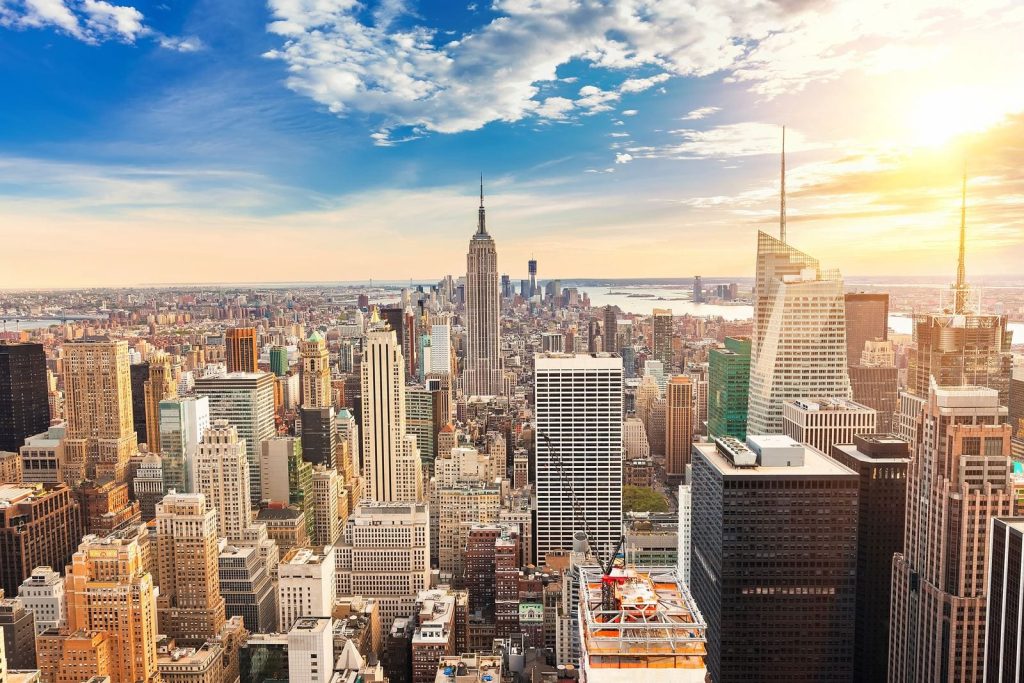In recent years, the real estate industry has undergone a significant transformation as it embraces sustainable and eco-friendly home trends. This shift in the market is not only driven by the growing awareness of environmental issues but also by the increasing demand from homebuyers for properties that are energy-efficient, eco-conscious, and built with sustainability in mind. One of the most noticeable changes in the real estate landscape is the rise of green building practices. Real estate agents are now actively promoting homes that have been constructed using environmentally friendly materials and methods. These homes often feature energy-efficient appliances, solar panels, and advanced insulation techniques that not only reduce the environmental impact but also lead to lower utility bills for homeowners. Sustainable construction is not only good for the planet but also for the long-term financial well-being of homeowners, making it a highly attractive selling point. Moreover, the incorporation of smart home technology has become a standard in eco-friendly homes.
Real estate agents are quick to highlight properties equipped with smart thermostats, lighting systems, and security features that can be controlled remotely via smartphones. This not only adds convenience to homeowners’ lives but also allows for more efficient energy usage. Buyers are increasingly looking for homes that not only reduce their carbon footprint but also make daily living more comfortable and convenient. Landscaping and outdoor spaces have also become important focal points for eco-conscious real estate agents and buyers. Sustainable landscaping practices, such as xeriscaping and the use of native plants, help conserve water and reduce the need for chemical pesticides and fertilizers. Additionally, the inclusion of outdoor living spaces like vegetable gardens and rainwater harvesting systems showcases a commitment to sustainable living and appeals to buyers who value self-sufficiency and a connection to nature. Beyond the physical attributes of homes, location plays a crucial role in sustainable real estate.

Proximity to public transportation Click Here, bike lanes, and walkable neighborhoods is increasingly attractive to buyers who want to reduce their reliance on cars and decrease their carbon footprint. Real estate agents are aware of this shift in preference and are actively promoting properties in eco-friendly communities that prioritize alternative transportation options and reduce urban sprawl. In conclusion, real estate agents have recognized the growing demand for sustainable and eco-friendly homes among buyers. They are not only adapting to this trend but also actively promoting it. From green building practices to smart home technology and sustainable landscaping, the real estate industry is embracing eco-consciousness as a fundamental aspect of its future. As society’s awareness of environmental issues continues to grow, it is clear that sustainable living is no longer just a trend but a vital consideration in the real estate market. Buyers are not only looking for a place to call home but also a way to contribute to a more sustainable and eco-friendly future.
